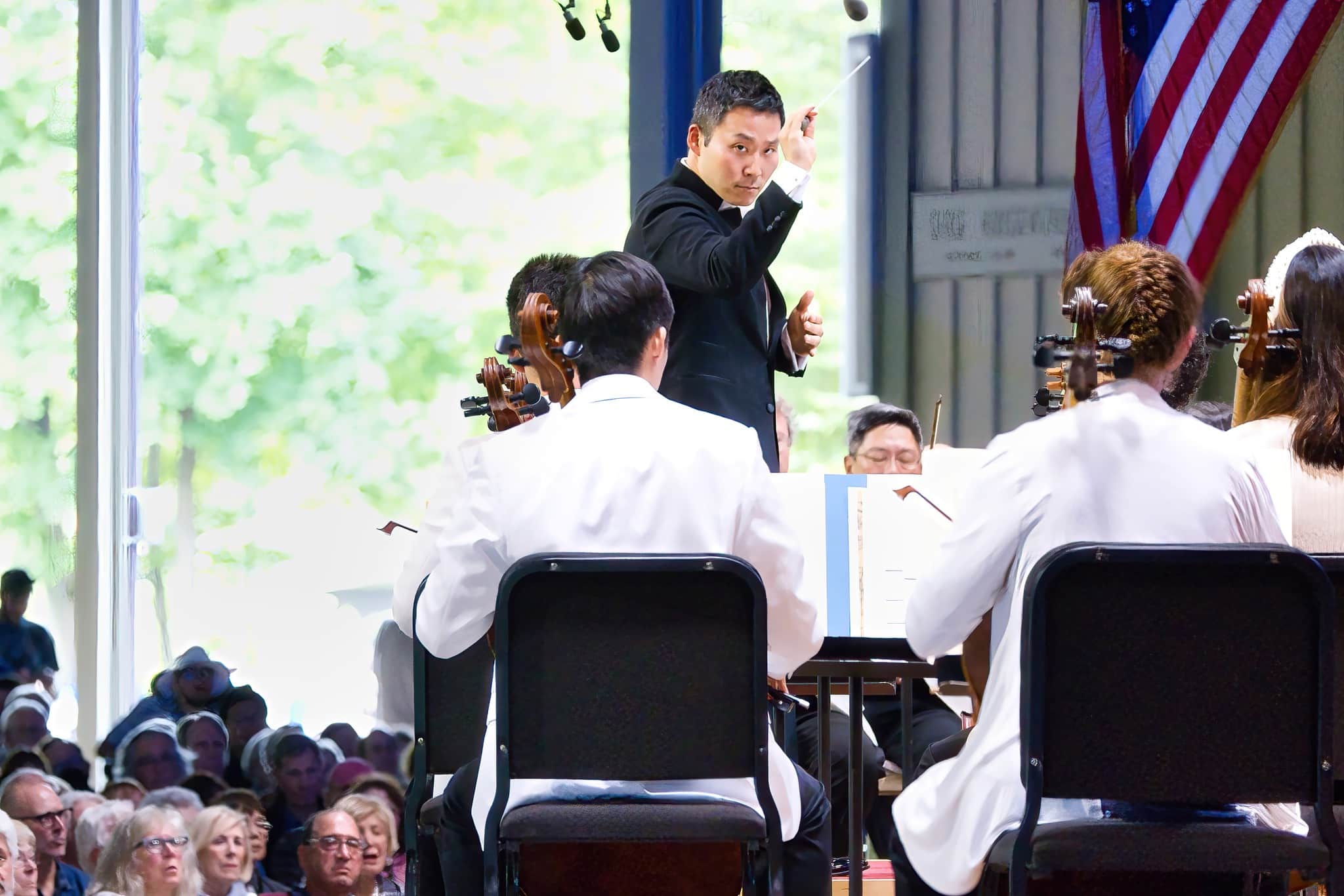The Boston Symphony is full of subs
OrchestrasA sharp-eyed audience member tells us that the orchestra playing at Tangleweood is made up one-third of substitutes:
Last night’s concert at Tanglewood listed 37 substitute players, only one identified as a student at the Tanglewood Music Center. Last weekend the number was 27. Most of last season at Symphony Hall there were at least 20 non-members playing each week.
The new Concertmaster has not played in at least three weeks. The First Associate Concertmaster has not played in years. The Assistant Concertmaster has been missing since the start of the 2023-24 season. The principal second violin has not been seen in 2024.
Is this normal?
Well, you wouldn’t get that from the Vienna Philharmonic at Salzburg, that’s for sure.






Comments